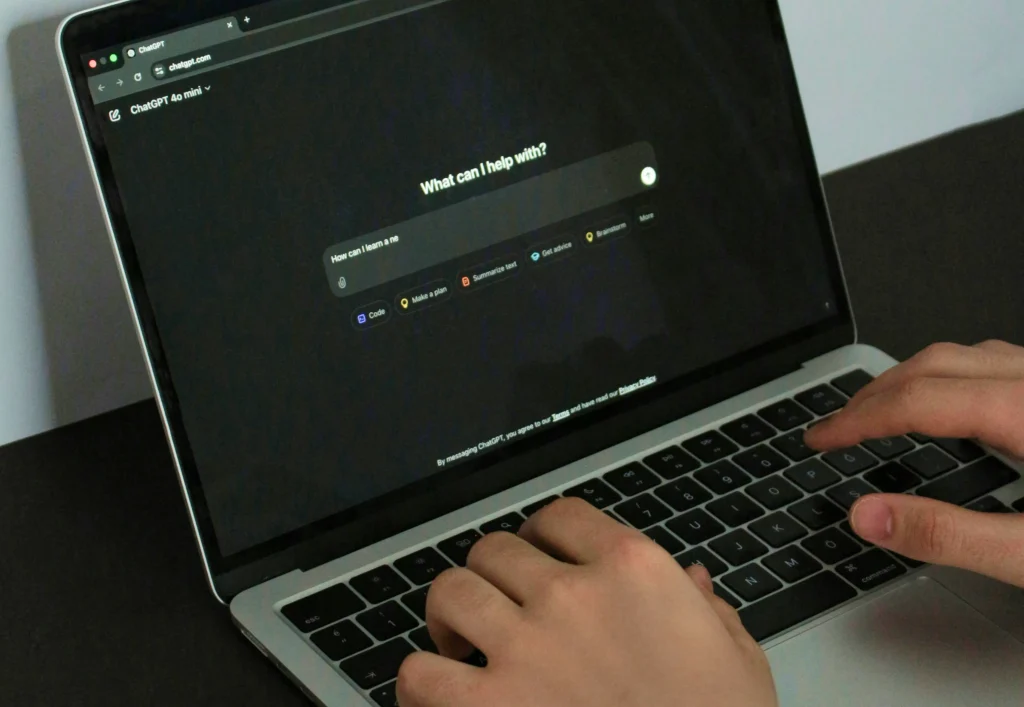Connecting employers with refugees: An interview with Workeer’s David Jacob
At JOIN, we want to help you understand which job boards are the most relevant and interesting for your company to use.
And, we think one of the most important ways to do this is to give you more insight on the job board itself from the people who know it best! So, we took the opportunity to speak to David Jacob, co-founder and Head of Product at Workeer, to find out more about the job board and who they work with.
Learn more about how Workeer connects employers with refugees across Germany, below.
What is Workeer?
DJ: Workeer.de is the biggest German job board for refugees and migrants. We connect job-seeking newcomers and hiring companies directly and easily.
Our goal is to give those newcomers fair and promising access to the German labour market. We want to enable companies to hire talented and motivated employees that they might not get in touch with through other channels.
The candidates on Workeer are looking for positions in a wide range of industries. They often have extensive qualifications and unique skills based on their journey, which can make them especially valuable to companies.
What types of employers do you work with in Germany?
DJ: We’re working with the full range of companies when it comes to size and sectors, and I think the companies on Workeer are a pretty good representation of the general German economy. There are the big corporate groups with thousands of employees who are constantly hiring. But, also the small three-person local businesses looking for a new colleague. Industry-wise we’re seeing everything from crafts to volunteering jobs to engineering and IT roles.
Why should companies consider hiring refugees (and working with Workeer)?
DJ: For the same reason they would hire anyone else—to add great people to their team.
While there is a social aspect to Workeer that is not the primary idea. It really is about enabling fair access to the German labour market for talented and motivated people that bring value to the companies that hire them. This is as beneficial to the companies as it is to the refugees.
Additionally, we think there are a couple of extra positive side effects to this, like increasing the diversity of teams, contributing to a fair and balanced society, and ultimately enabling refugees to build a new life in their new place of living.
What differences are you seeing when comparing today’s refugee situation to when you started Workeer? Are both the refugees and the companies on your platform facing the same challenges as they were back then?
DJ: Of course, there are always some differences depending on where people are coming from. Qualifications, cultural aspects, and demographics can be quite different, but that has always been the case for us at Workeer.
When we started in 2015, most refugees were coming from Syria and Africa, whereas today, they are mainly from Ukraine. But apart from the current main conflicts, there always have been people from all over the world with very different backgrounds coming to Germany as refugees.
I think a lot of work in the refugee area that has been done since 2015 is now helping to deal effectively with the new situation. Politics and companies were faster to react to the situation and have more knowledge than in 2015, and processes and initiatives were already in place.
While it’s great to see that the regulations around labour market access are very liberal for Ukrainians, we think it’s a shame that it is still more restrictive for refugees from other nations. We demand that all refugees receive the same fair access to the labour market.
What unique obstacles and challenges do refugees face compared to other underrepresented/minority groups, especially in the labour market?
DJ: There seems to be a lot of uncertainty on all sides. Refugees and companies are not sure about legal conditions, and refugees don’t know the German labour market details.
For example, there are questions about how comparable specific qualifications and degrees are to German standards. Our goal is to make everything as straightforward as possible and to link to other helpful or supportive organisations whenever we can’t help directly.
Have you seen a growing demand from companies given the current labour shortages in Germany/Europe?
DJ: Absolutely. When we speak to companies, it is pretty crazy how desperate some of them are to hire someone for an open position. Around 44% of German companies are saying that this lack of workers is negatively impacting their business, which just goes to show how important it is to offer a path into the labour market for the tens of thousands of people coming to Germany as refugees.
It is a huge opportunity for both sides. Lots of companies realise now that they need to use new channels to reach people they may not have considered before.
What advice do you have for a company looking to improve diversity within its team?
DJ: Just give it a go and start getting in touch with people. As is often the case, a lot of the uncertainty can quickly be solved by getting out there and taking the first step!
Learn more about improving diversity within your business
If you’re looking for more ways to improve diversity within your business, our articles around diversity, equity, and inclusion are a great place to start.
You can also check out our other interviews with experts in this area, below:
Amber Denwood
Amber Denwood was a Content Manager at JOIN. She mostly wrote about employer branding, trying to help companies to understand how they can improve their image.


